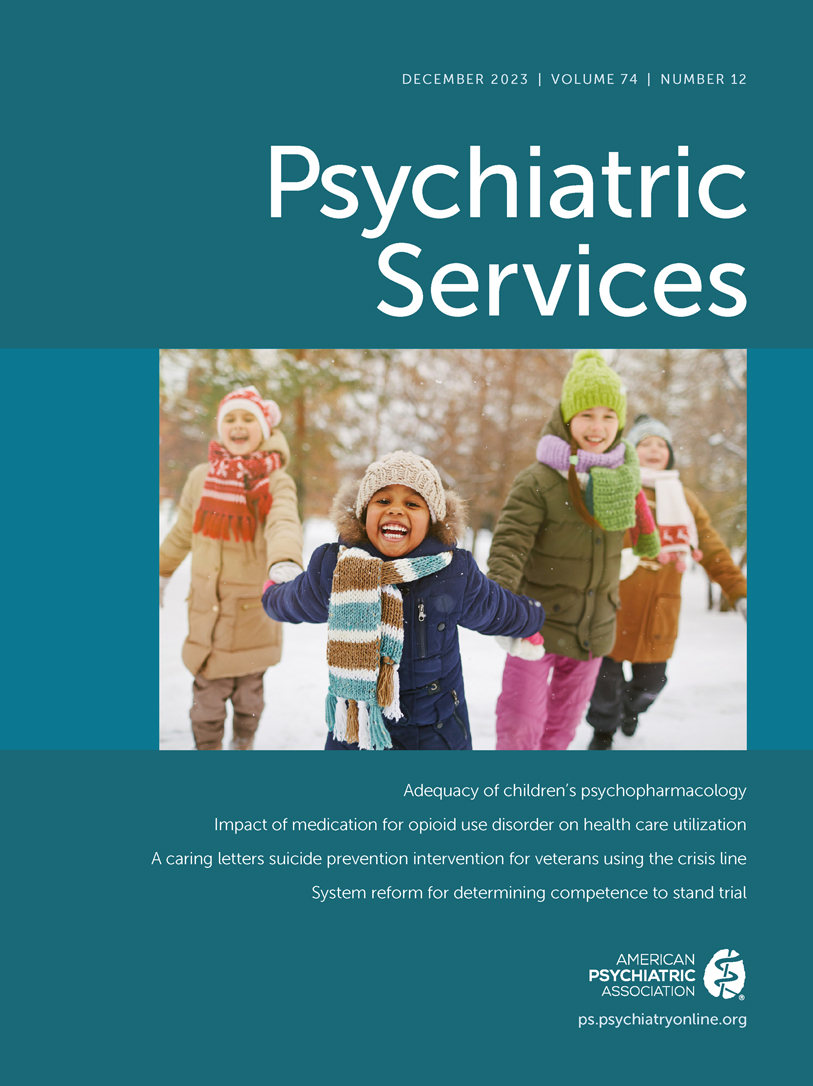Food and Nutrition Insecurity: A Social Determinant Hungry for Attention by Mental Health Professionals
Abstract
Food and nutrition security—healthy food being available and households being able to access and use it—is necessary for mental and overall health but is a neglected social determinant of mental health. Mental health professionals should address food and nutrition insecurity by weighing in on federal and state legislation and policies related to food and nutrition; promoting food banks and pantries, “food is medicine” initiatives, and programs offering better opportunities to afford and access whole foods and fresh produce; and addressing food and nutrition insecurity at the individual level in the clinical setting through screening, assessment, treatment, and follow-up.
Access content
To read the fulltext, please use one of the options below to sign in or purchase access.- Personal login
- Institutional Login
- Sign in via OpenAthens
- Register for access
-
Please login/register if you wish to pair your device and check access availability.
Not a subscriber?
PsychiatryOnline subscription options offer access to the DSM-5 library, books, journals, CME, and patient resources. This all-in-one virtual library provides psychiatrists and mental health professionals with key resources for diagnosis, treatment, research, and professional development.
Need more help? PsychiatryOnline Customer Service may be reached by emailing [email protected] or by calling 800-368-5777 (in the U.S.) or 703-907-7322 (outside the U.S.).



